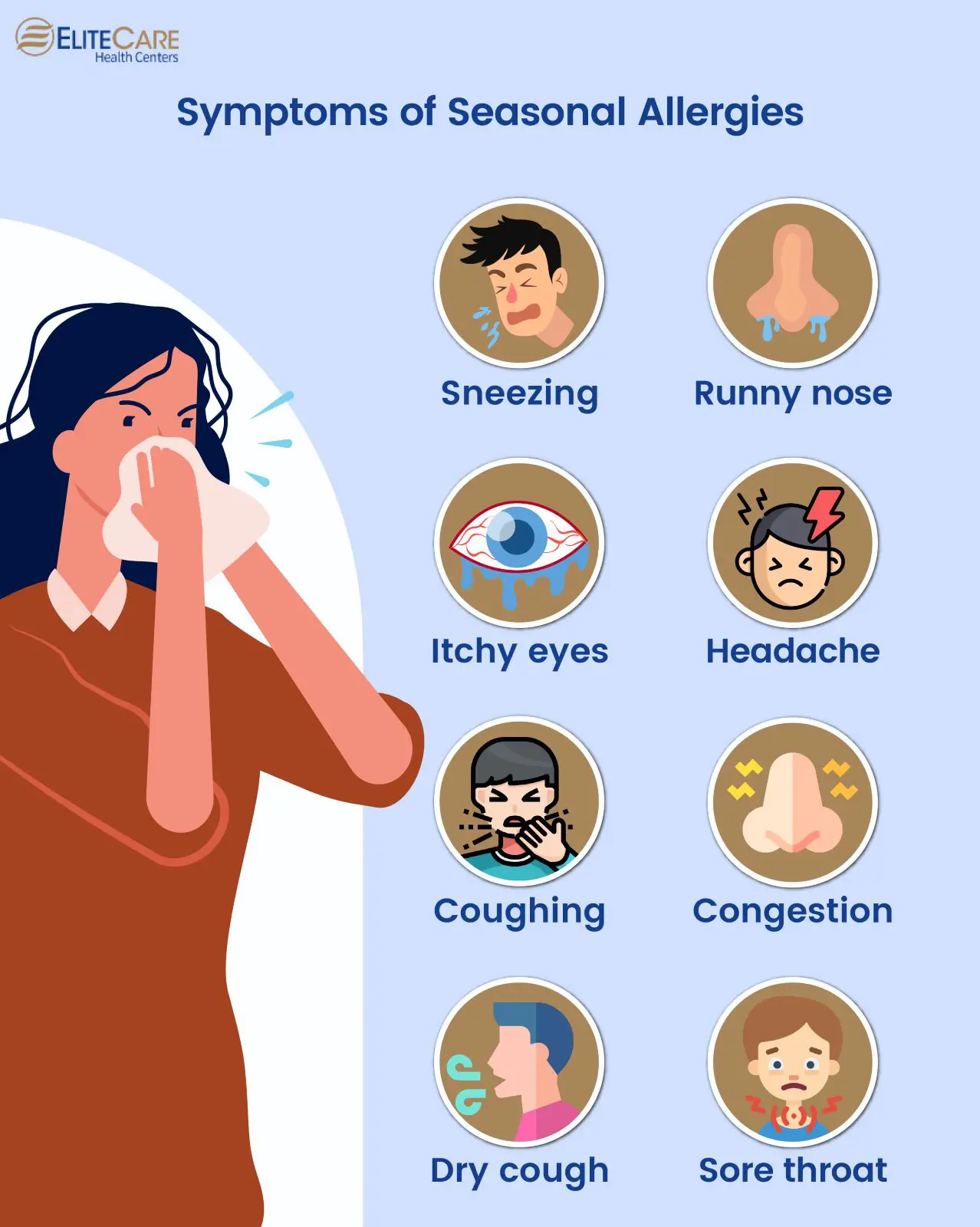As fall begins, seasonal allergies start to become a problem for many students and staff.
“My allergies are most common in the spring, so they start around early March,” Katie Hall, attendance clerk, said.
Seasonal allergies, which are mainly caused by pollen, can create different symptoms depending on the person.
“I have a stuffy nose, occasional fever, sneezing, itchy throat, and coughing,” Amiracle Starling, junior, said.
“My allergies cause watery and itchy eyes, sore throat, sneezing, and a runny nose,” Steven Glass, sophomore, said.
There are many similarities between a common cold and seasonal allergies.
“I have all the same symptoms, but with a cold it’s worse because I feel nauseous and have a bad cough,” Johanna Witcher, junior, said.
There are many things that can have an effect on allergies, such as animals.
“Bees affect my allergies because they make my allergies worse,” Madison Hawker, junior, said.
There are many courses of action taken to reduce the symptoms of seasonal allergies.
“Normally, I’ll try to wear a mask when the pollen is really bad. I’ll also change my clothes if I go outside, and take a hot shower to wash the pollen off when I get home,”Adam Tate, business teacher,said.
The best thing to do when allergy season starts is to take medicine, and stay hydrated.


